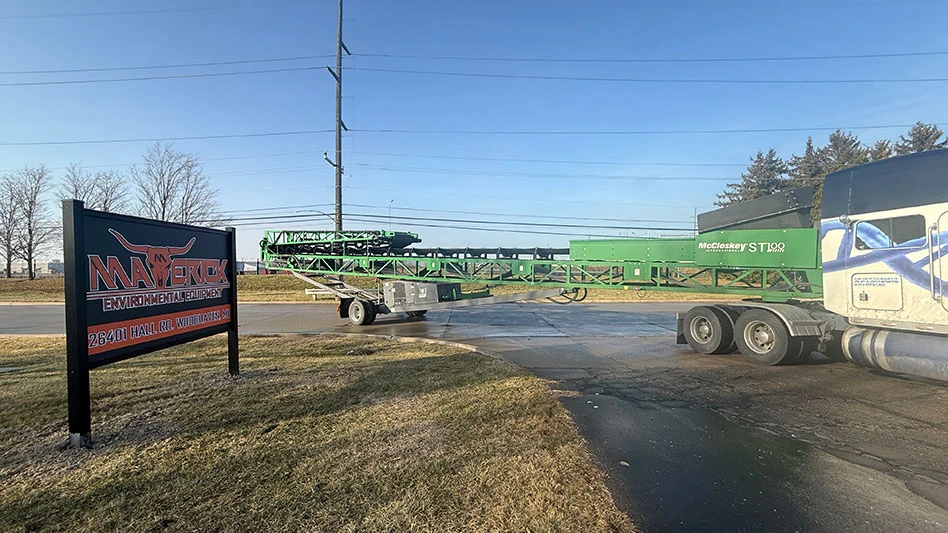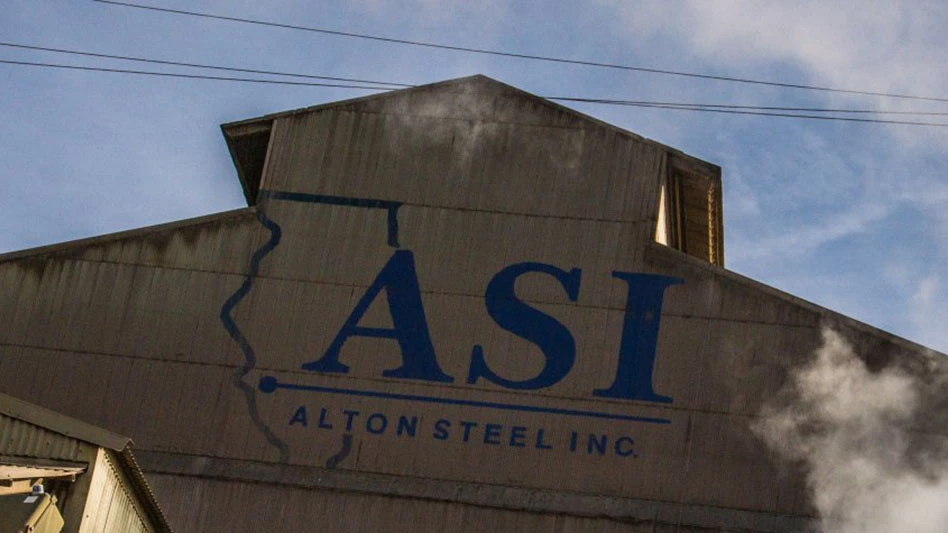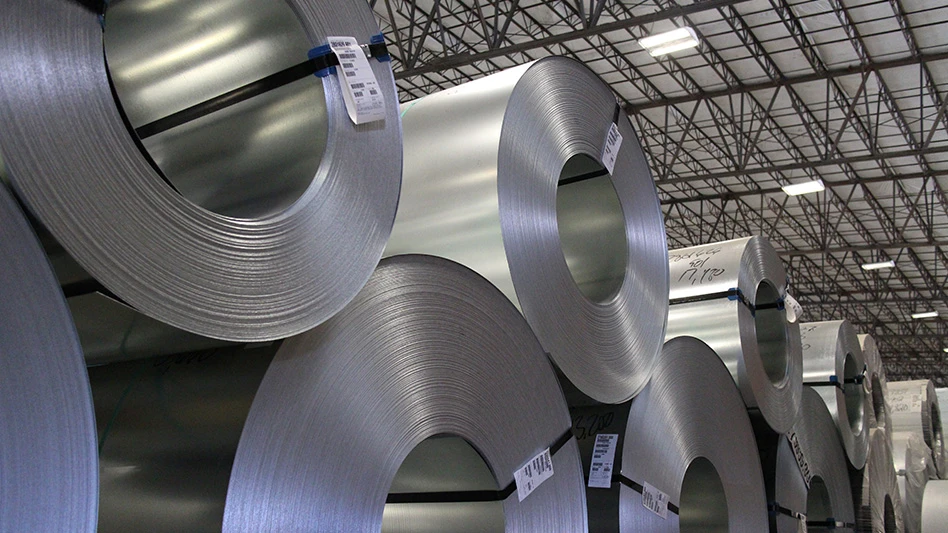
© djhalcyonic | stock.adobe.com
Last month’s announcement from International Paper (IP) regarding several closures among its recycling and packaging network has started a ripple effect, as a neighboring recycling facility now will shut down indefinitely.
Officials in Wellington, Kansas, announced last week that, by the end of July, the city’s recycling facility will close until further notice in response to the closure of IP’s recycling facility in Wichita.
IP announced a string of closures in late June, including the Wichita site, as part of what the Memphis, Tennessee-based company says are strategic changes to strengthen its North American operations.
Other shutdowns include a packaging facility in Marion, Ohio, and the sale of several sites in Mexico.
Wellington officials say the city currently is searching for a new processing partner.
“We greatly appreciate the community’s understanding and patience during this transition as we work to find suitable processors and end users for the materials currently stored at the recycling center,” the city says in a statement.
“We understand that the suspension of the recycling program will affect both residents and businesses who are trying to reduce the amount of waste sent to landfills. City staff are actively seeking a new partner to process recyclables following International Paper's exit from the regional market.”
IP stopped accepting material at the Wichita site July 11 and expects to close the facility by July 31.
Latest from Recycling Today
- Stadler equips Spanish MRF
- SSAB finishes 2025 with decreased revenue
- Vecoplan appoints CFO
- Aurubis raises full-year forecast
- Levitated Metals adds LIBS sorting technology
- Redwood Materials closes on $425M in Series E financing
- Updated: Wieland Chase expands northwest Ohio facility
- Recovered paper traders report lukewarm market





